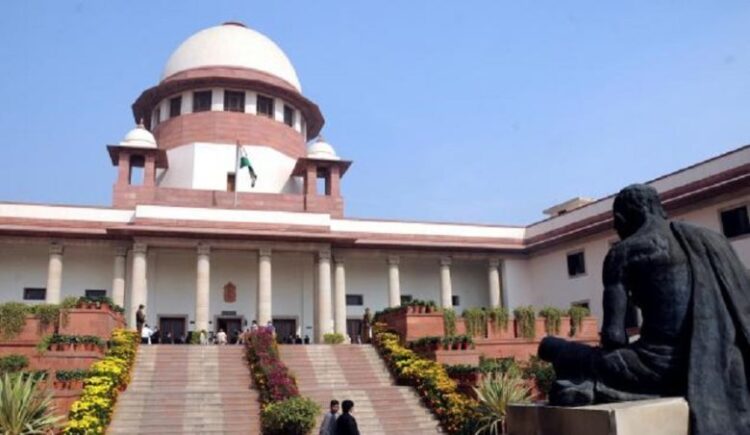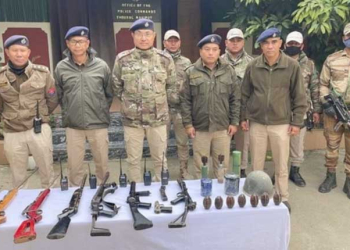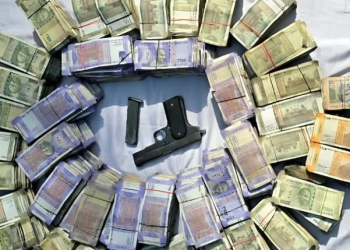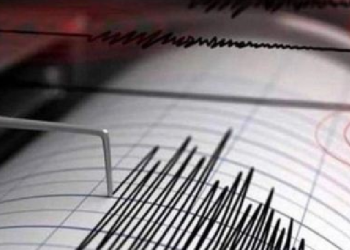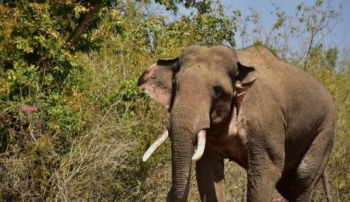New Delhi: The Supreme Court on Wednesday said non-reporting of sexual assault against a minor child, despite having knowledge of it is a serious crime and also an attempt to shield the offenders.
A bench of Justices Ajay Rastogi and C.T. Ravikumar made the ruling as it set aside a judgment passed by Bombay High Court in April last year quashing an FIR and the charge sheet against a medical practitioner in Maharashtra’s Chandrapur.
It was alleged that the medical practitioner did not inform the authority about sexual assault against several minor girls at a hostel despite having knowledge about it. Criminal proceedings were initiated against the doctor for failure to report sexual exploitation of 17 minor girls of tribal origin at a Chandrapur school in 2019.
Allowing the appeal by the Maharashtra government against the high court judgment, the apex court said: “Non-reporting of sexual assault against a minor child despite knowledge is a serious crime and more often than not, it is an attempt to shield the offenders of the crime of sexual assault.”
Criticising the high court judgment, the bench said: “In the case on hand, the high court arrived at the finding of absence of evidence to implicate the respondent in the crime in question upon going through the statements of the victims and also the statement of the teacher of the victims, which recourse is absolutely impermissible.”
It said in the light of Section 59 of the Evidence Act, the high court was not justified in bringing abrupt termination of the proceedings qua the respondent. The sexual exploitation came to light after girls studying in classes 3 and 5 fell ill and were taken to general hospital.
The bench said the very case of the Maharashtra government is that some among the 17 victims have given statements under Section 161, Cr.P.C. and some others under Section 164 Cr.P.C., specifically stating that the respondent was informed of the sexual assault on them.
“When that be the position, we have no doubt that the high court should not have embarked upon an enquiry, especially by looking into the statements of the victims recorded as also their teacher to form an opinion regarding the availability of evidence to connect the respondent with the crime,” it said.
The bench added: “To achieve the avowed purpose, a legal obligation for reporting of offence under the POCSO Act is cast upon a person to inform the relevant authorities specified thereunder when he/she has knowledge that an offence under the Act had been committed. Such obligation is also bestowed on a person who has apprehension that an offence under this Act is likely to be committed.”
Justice Ravikumar, who authored the judgment on behalf of the bench, said prompt and proper reporting of the commission of offence under the POCSO Act is of utmost importance and they have no hesitation to state that its failure on coming to know about the commission of any offence thereunder would defeat the very purpose and object of the Act.
“We say so taking into account the various provisions thereunder. Medical examination of the victim as also the accused would give many important clues in a case that falls under the POCSO Act,” said the bench.
“Prompt reporting of the commission of an offence under POCSO Act would enable immediate examination of the victim concerned and at the same time, if it was committed by an unknown person, it would also enable the investigating agency to commence investigation without wasting time and ultimately to secure the arrest and medical examination of the culprit,” it added.
In the case, the Superintendent of the hostel and four others were arrested and arraigned as accused in the crime. During the investigation, it was found that 17 minor girls were abused by the accused and a medical practitioner appointed for treatment of girls admitted to the girls’ hostel and the victim girls were taken to him.
The investigation revealed that the doctor had knowledge about the incidents that occurred, from the victims themselves as the victim girls revealed in their statements, recorded under Section 161 of Cr.P.C..
(IANS)



